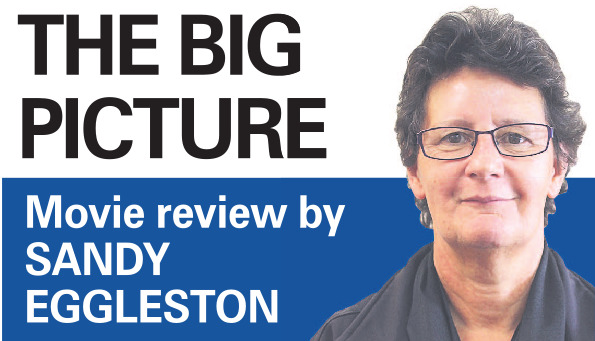
I waited until the very end of the credit roll and when the notice appeared I thought to myself "yeah right".
While it may not be based on a true story, from what I know of the cultural, social and political landscape of the 1950s, incidents portrayed in the movie could have happened.
The recently released findings of the Royal Commission into abuse in state and faith-based care, confront us with the miserable reality that people have been badly treated in our not-so-distant past.
The movie is about a group of delinquent girls who are in the kind of reform school that might have come under the Royal Commission’s scrutiny.
After a couple of them attempt to escape they are taken to an island that formerly housed a leper colony.
The plan of the reformers is to turn them into young women who will be equipped to marry and be good homemakers.
It is hard to tell who exactly is in charge of the project but on the ground Matron (Rima Te Wiata) leads the charge to convert the girls to become respectable members of society.
Three of the girls: Nellie (Erana James), Daisy (Manaia Hall) and Lou (Nathalie Morris) give a wonderful performance as they plan to escape the island.
Te Wiata is also very believable as the indomitable Matron who really believes she is on a mission from God to save the girls from a life of debauchery.
The movie is the directorial debut for Aucklander Josephine Stewart-Te Whiu (Ngāpuhi, Te Rarawa) and was written by London-based cartoonist Maddie Dai who grew up in Wellington.
I recommend this movie.
It is a rollicking, at times humorous, tale of young women who from the marginalised fringe of society fight an unjust system.
It also gives us an opportunity to look in the rearview mirror and ask how far have we come?












